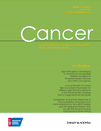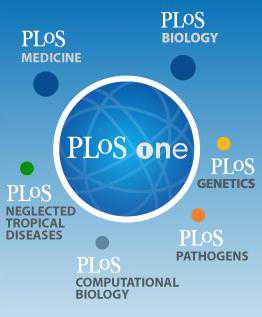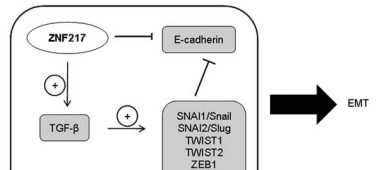JCI:FoxO1基因破坏EGFR信号克服肿瘤耐药
2012-06-09 Beyond 生物谷
众所周知过度活跃的表皮生长因子受体(EGFR)信号与癌症的发生发展有密切联系。目前,已经开发了一些治疗与表皮生长因子受体相关的癌症药物,然而许多患者已经出现了这些药物的耐受,因此这些药物治疗并不能取预期效果。 近日,一项最近的临床研究希望能进一步了解表皮生长因子受体在癌症中的作用,以便设计出更好的靶向表皮生长因子受体信号通路的药物,相关研究论文发表在Journal of Clinical Inv
众所周知过度活跃的表皮生长因子受体(EGFR)信号与癌症的发生发展有密切联系。目前,已经开发了一些治疗与表皮生长因子受体相关的癌症药物,然而许多患者已经出现了这些药物的耐受,因此这些药物治疗并不能取预期效果。
近日,一项最近的临床研究希望能进一步了解表皮生长因子受体在癌症中的作用,以便设计出更好的靶向表皮生长因子受体信号通路的药物,相关研究论文发表在Journal of Clinical Investigation杂志上。
使用人癌细胞肺组织和表皮生长因子受体相关的肺癌小鼠模型,研究小组发现两个抑癌基因KLF6和FOXO1,能破坏过度活跃的EGFR信号。
研究人员发现FDA批准的药物三氟拉嗪盐酸(TFP),能增加FoxO1基因的活性,恢复抗EGFR的药物厄洛替尼的抗肿瘤功效,抑制了肿瘤的生长。(生物谷:Bioon.com)

doi:10.1172/JCI62058
PMC:
PMID:
Targeting the FOXO1/KLF6 axis regulates EGFR signaling and treatment response
Jaya Sangodkar, Neil S. Dhawan, Heather Melville, Varan J. Singh1, Eric Yuan, Huma Rana, Sudeh Izadmehr, Caroline Farrington, Sahar Mazhar, Suzanna Katz, Tara Albano, Pearlann Arnovitz, Rachel Okrent, Michael Ohlmeyer, Matthew Galsky, David Burstein, David Zhang, Katerina Politi, Analisa DiFeo and Goutham Narla
EGFR activation is both a key molecular driver of disease progression and the target of a broad class of molecular agents designed to treat advanced cancer. Nevertheless, resistance develops through several mechanisms, including activation of AKT signaling. Though much is known about the specific molecular lesions conferring resistance to anti-EGFR–based therapies, additional molecular characterization of the downstream mediators of EGFR signaling may lead to the development of new classes of targeted molecular therapies to treat resistant disease. We identified a transcriptional network involving the tumor suppressors Krüppel-like factor 6 (KLF6) and forkhead box O1 (FOXO1) that negatively regulates activated EGFR signaling in both cell culture and in vivo models. Furthermore, the use of the FDA-approved drug trifluoperazine hydrochloride (TFP), which has been shown to inhibit FOXO1 nuclear export, restored sensitivity to AKT-driven erlotinib resistance through modulation of the KLF6/FOXO1 signaling cascade in both cell culture and xenograft models of lung adenocarcinoma. Combined, these findings define a novel transcriptional network regulating oncogenic EGFR signaling and identify a class of FDA-approved drugs as capable of restoring chemosensitivity to anti-EGFR–based therapy for the treatment of metastatic lung adenocarcinoma.
本网站所有内容来源注明为“梅斯医学”或“MedSci原创”的文字、图片和音视频资料,版权均属于梅斯医学所有。非经授权,任何媒体、网站或个人不得转载,授权转载时须注明来源为“梅斯医学”。其它来源的文章系转载文章,或“梅斯号”自媒体发布的文章,仅系出于传递更多信息之目的,本站仅负责审核内容合规,其内容不代表本站立场,本站不负责内容的准确性和版权。如果存在侵权、或不希望被转载的媒体或个人可与我们联系,我们将立即进行删除处理。
在此留言














#JCI#
95
#FOXO1#
68
#GFR#
79